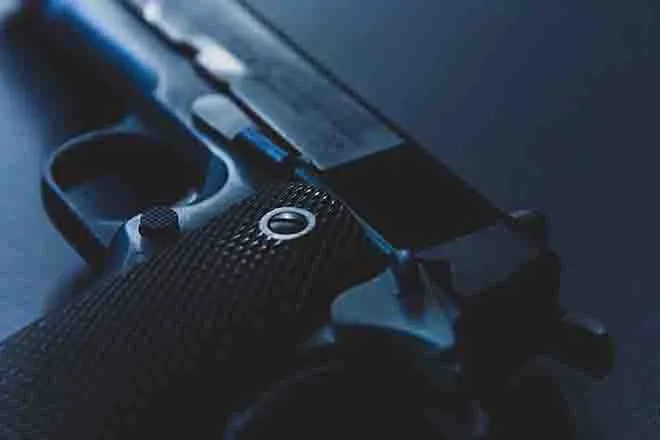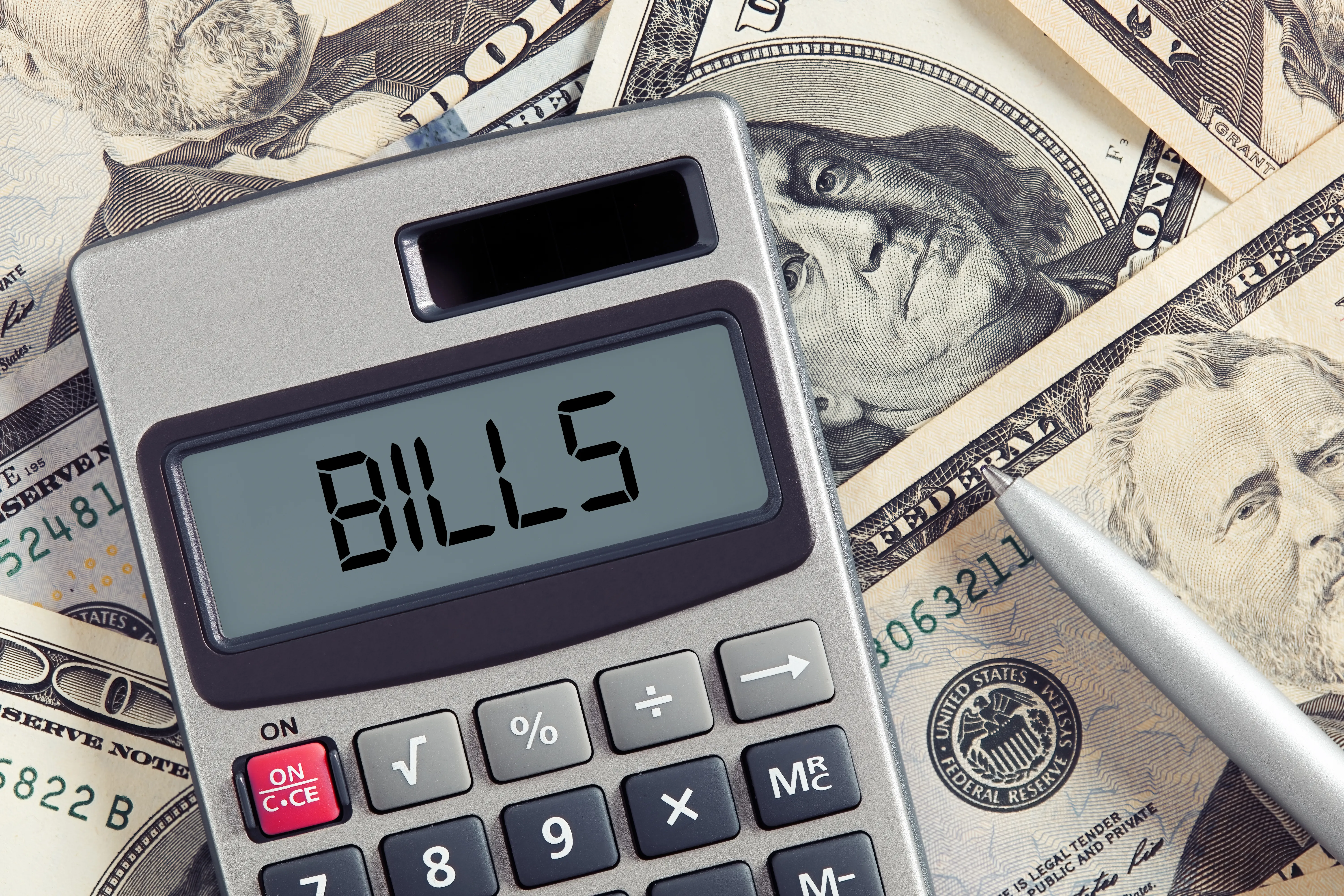
University of Colorado Boulder ranks among top-10 universities for free speech
(The Center Square) – The University of Colorado Boulder ranks No. 10 in a national survey gauging freedom of speech on college campuses.
The report, conducted by the Foundation for Individual Rights and Expression, surveyed over 55,000 students from 254 public and private colleges and universities across the country and ranked them based on each institution's climate for free speech and expression.
UC Boulder received a 66.54 overall score for an “above average” speech climate, according to FIRE. The university has finished in the top-25 in every year since the survey began in 2020.
The university says on its website: “Freedom of expression, as guaranteed under the First Amendment, and academic freedom, as defined by the Laws of the Regents, while distinctly separate concepts, are central to CU Boulder’s academic mission and underlie our community values of inclusivity and critical thinking.”
Michigan Technological University ranked as the top school for free speech, followed by Auburn University, the University of New Hampshire, Oregon State University and Florida State University. Harvard University ranked last with a 0.00 rating.
"Some of the most prestigious universities in our country have the most repressive administrations," FIRE Director of Polling and Analytics Sean Stevens said in a news release. "Students should know that a college degree at certain schools may come at the expense of their free speech."
Despite CU Boulder’s top-10 ranking, it’s one of several institutions that “sanctioned scholars on two occasions.”
FIRE also surveyed students opposing conservative or liberal speakers giving talks on campus.
“Student opposition to allowing controversial conservative speakers on campus ranged from 57 percent to 72 percent, depending on the speaker,” the report said. “In contrast, student opposition to controversial liberal speakers ranged from 29 percent to 43 percent, depending on the speaker.”

















